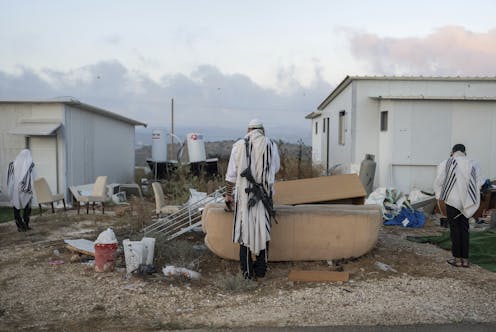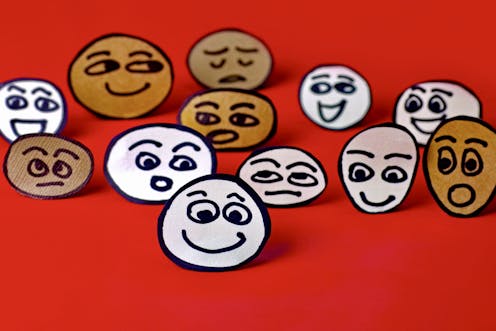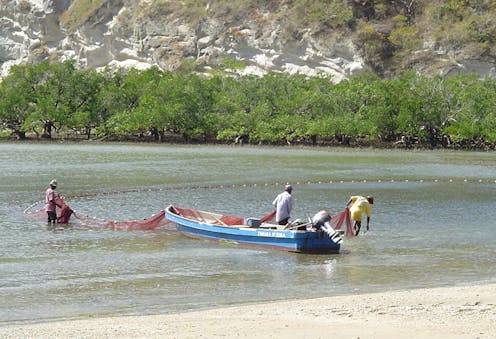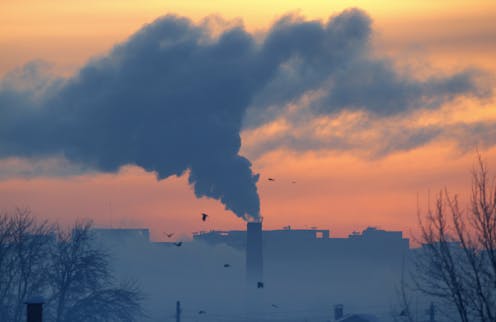How the Israeli settlers movement shaped modern Israel
- Written by Arie Perliger, Director of Security Studies and Professor of Criminology and Justice Studies, UMass Lowell
 Jewish settlers pray in the Israeli-occupied West Bank in July 2024.AP Photo/Ohad Zwigenberg
Jewish settlers pray in the Israeli-occupied West Bank in July 2024.AP Photo/Ohad ZwigenbergThe increase in settler violence against Palestinians in the West Bank over the past year has been unprecedented. Since Hamas’ Oct. 7, 2023, attack and the start of the war, there have been more than 1,000 attacks, according to a new report from the...
Read more: How the Israeli settlers movement shaped modern Israel







